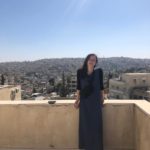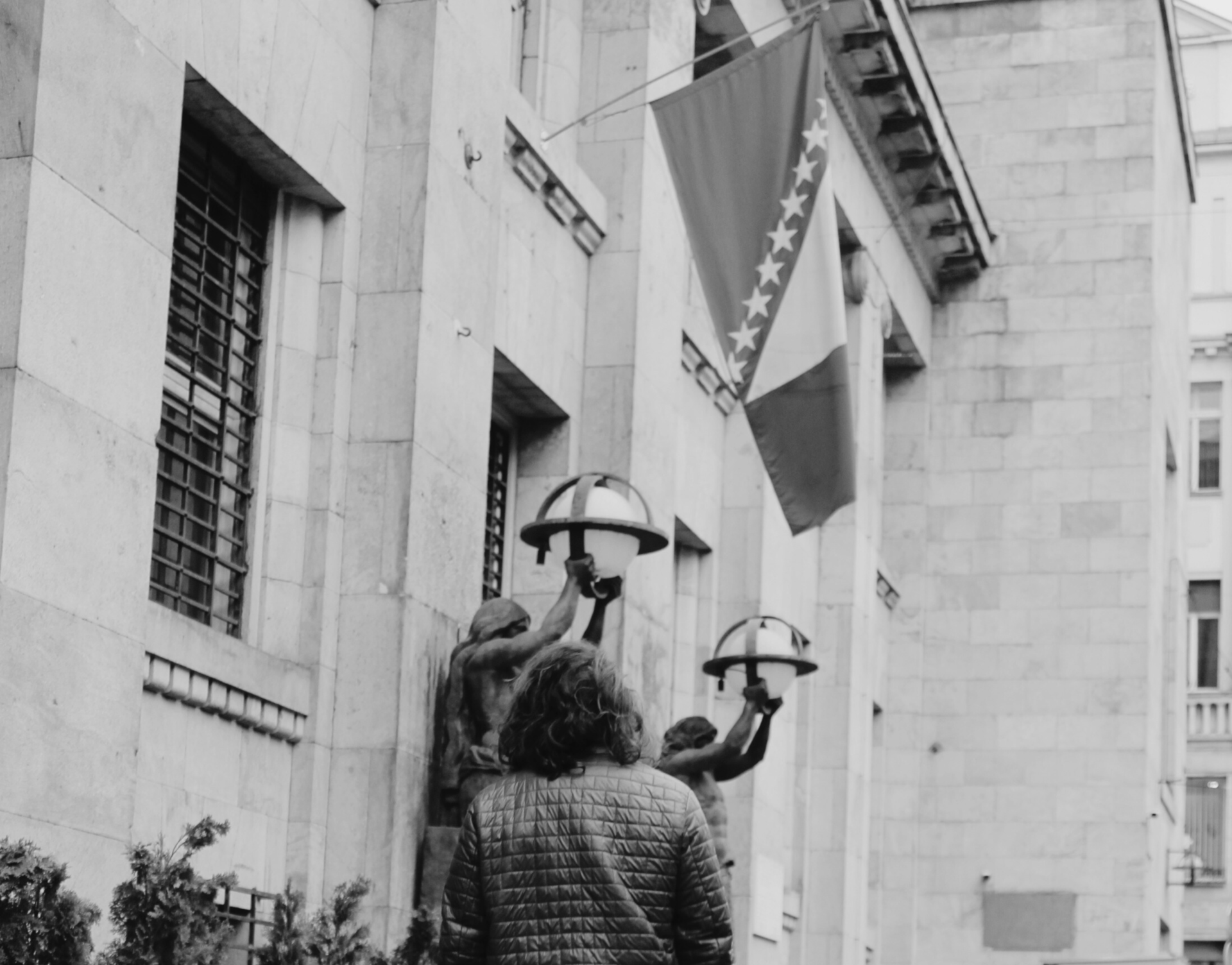
A fundamental part of state unity is a shared sense of national identity, embodied in a flag, anthem, or passport. Despite their many differences, both Canada and Bosnia have witnessed a rise in identity politics and division which have threaten the social cohesion and national identity in both countries.
On the surface, Canada and Bosnia and Herzegovina (BiH) may seem like very different countries. Digging deeper, however, into the rise of identity politics and issues of national unity, they are more similar than one would expect. The experiences of two young individuals from the Balkans who have lived in Canada and contributed to the recent trend in identity politics can be used as learned lessons.
Marko Kljajic, born in Sarajevo in 1991, moved to Canada in 1995. Currently a PhD student in politics and international relations in the United States, his primary research interests are the political psychology of polarization, reconciliation in the aftermath of civil conflict, and the impact of collective victimhood beliefs on intergroup dynamics and political mobilization.
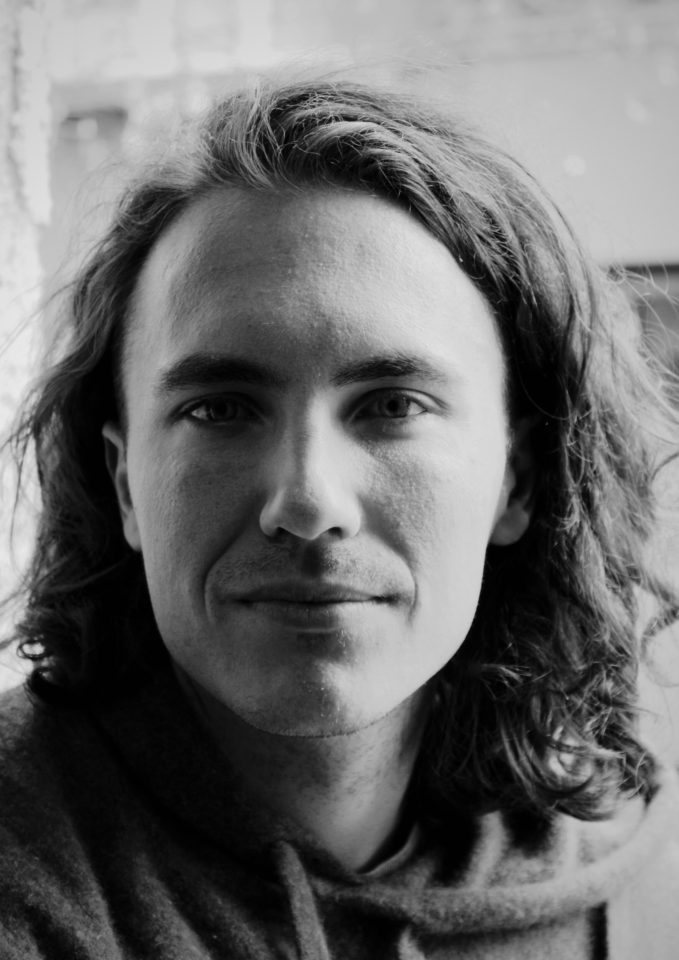
Lydia Perović, born and raised in Montenegro, moved to Belgrade in 1992 to pursue a BA in Journalism and Political Science. In 1999, she moved to Canada, where she earned an MA in Political Theory and has since been working in publishing, teaching, and PR, among other fields.
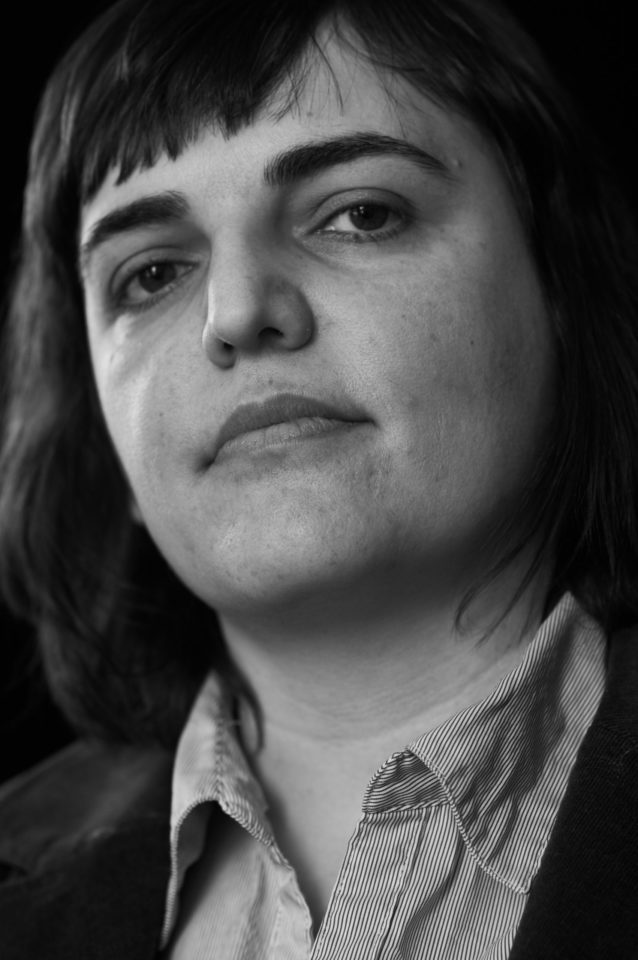
Identity politics, as stated in the 2015 book “Social Statistics and Ethnic Diversity,” can be understood as the use and expression of cultural characteristics or identities in political undertakings and is a key factor in contemporary power struggles, particularly in societies where identity-based conflicts have become violent.
As stated in the book, ethnic, national, and religious identities are the main identities mobilized in such conflicts, while gender identities rarely become explicit conflict lines during or after wars. “The appeal of identity politics lies in the human need for belonging, meaning, and recognition. The instinctive tendency to favor one’s own identity-group, however, can exacerbate conflicts in ethnically divided societies, where grievances often stem from feelings of marginalization, repression, and exclusion from accessing power and resources.”
“The Importance of Canadian Identity”
In Canada, identity politics has taken a strong hold in recent years, sharing some similarities with the context of BiH. The three main reasons for this: the history of national identity, reckoning with the actions of past generations, and the influence of digital media. The history of national identity in Canada is both complicated and simple. In a nation where nearly 95% of the population has ancestral roots outside the country, people have historically left their families, homes, and even traditions behind to build a new homeland. This process has led to the formation of new identities and communities, resulting in a paradoxical view of identity. On one hand, identity is viewed as “natural,” as the true essence of the self. On the other hand, identity is socially constructed and shaped in relation to the ‘other’ (Kukutai and Thompson, 2015).
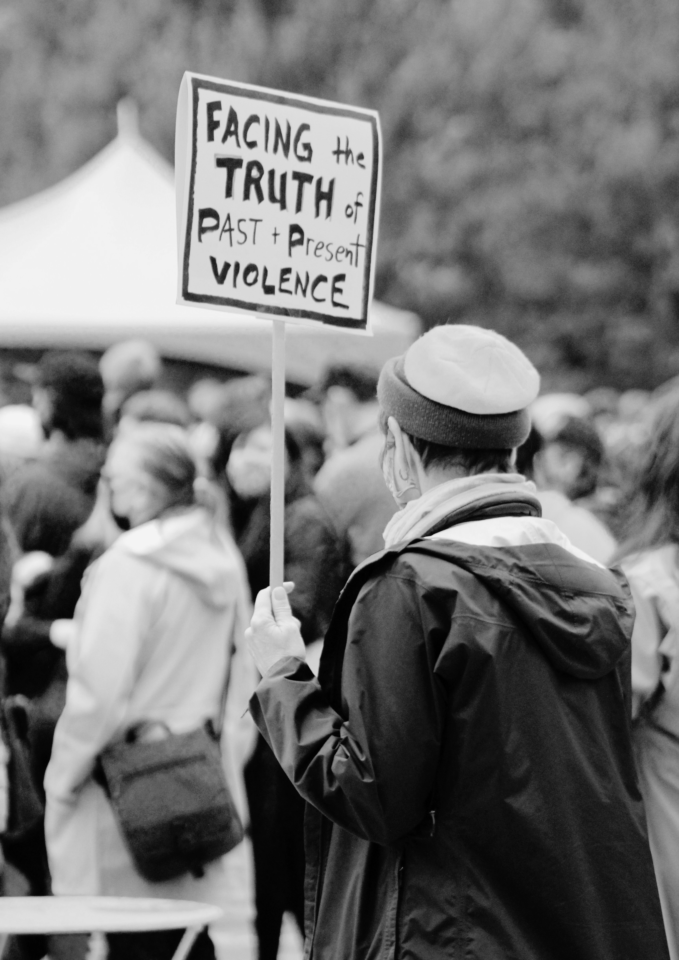
Kljajic sees “Canadian identity as important, because when people from different ethnicities identify as Canadian, regardless of their background, it mitigates this ingroup-outgroup mentality. For me, sharing the identity of ‘Canadian’ with others, say from Pakistan or wherever, is possible in Canada.”
Pierre Trudeau’s multiculturalism policy in 1971 created a distinct image of Canada, with citizens bound together by their commitment to equality, diversity, tolerance, compassion, and fairness. This created a sense of values-based uniformity across the country. Today, however, rather than embracing diversity, differences have become a tool of division. “Canadian identity” is rarely articulated publicly, and in 2015, Justin Trudeau, characterized Canada as the world’s first post-national state.
When asked about how he identifies in Canada, Marko explained, “I would say I have kind of a unique perspective in that I attach significance to my Bosnian and Canadian identity as well as to my class identity. Bosnian identity is not constitutionally recognized in Canada, but it signifies something else. It’s an inclusive identity where Croats, Bosniaks, and Serbs are all the same – Bosnian. On a larger scale, Canadian identity is similar, where you can come from anywhere in the world and identify as a Canadian. The Canadian identity ties people of many identities together. In the former Yugoslavia, the Yugoslav identity served a similar function.”
In the former Yugoslavia, the approach to addressing social cohesion was a federal framework granting autonomy to the six republics, the recognition of different languages and religions, and equality among ethnic groups. Ethnic quotas were also used to ensure proportional representation in national bodies.
The identity politics that emerged in the 1980s was a response to economic crisis and the crumbling communist authority. This led to a revival of ethnonationalism, which became the dominant political force following Yugoslavia’s collapse.
“One of the differences we can see here between the identity politics of Canada and Bosnia is that, at one point, choosing one’s identity was a life-or-death decision,” says Kljajic.
Indeed, the burden of dealing with the actions of past generations is another factor contributing the prevalence of identity politics in both countries. In Bosnia, anger, fear, and resentment continue to linger nearly 30 years after the war, making it difficult to move forward towards a unified society.
Narratives of victimhood and trauma
The historical narratives of victimhood and trauma which are well-established in Bosnia are a fairly new and growing trend in Canada. In 2015, the Truth and Reconciliation Commission of Canada revealed that 3,201 children had died in residential schools, with the discovery of hundreds of unmarked graves at these schools across the country. These revelations have forced Canadians to confront the dark past of their ancestors, resulting in a serious identity crisis in which both the colonized and the colonizers have held tight to their ancestor’s perceived roles in Canada’s history.
“[I]t is difficult to accept that your group did something wrong. Acknowledging that these things happened is a fundamental step. The struggle for recognition needs a baseline of acknowledgement that can lead to deeper conversation of nuances. Ultimately, all people want their suffering to be recognized,” says Kljajic.
The effort to create a more equal society and make up for past atrocities has led to a tendency to view identity-specific discrimination through the lens of victimhood, the oppressor versus the oppressed.
Politicizing victims can create an incentive to vilify oppressors, leading to a dynamic of competitive victimhood. This can lead to negative intergroup outcomes and aggressive policies. However, this worldview is appealing in that it offers a positive social identity centered around specific demands.
Finally, the rise of identity politics in both countries can be attributed to the influence of online media, which fuels polarization. Online platforms empower people to express their opinions about different races, religions, and genders with few repercussions. In Bosnia and Canada alike, these forums reinforce hatred and division.
Perović also highlights how cohesion in Canada may also be impacted by the decline of social life as a whole. Fewer people join hobby groups, book clubs, and church gatherings. COVID-19 exacerbated this trend, pushing more people to seek community and connection online.
Putting so much focus on identity can have harmful consequences. Kljajic notes that it can lead to “an assumption that racism is structurally inherent in society. This means that often people may perceive a negative situation as racist, whether it is or is not, and there becomes this assumption and question of the ways racism impacted this situation, individual or politics.”
However, Kljajic adds that identity politics isn’t all bad. “The main benefits are that it continues to remind us that there are social inequalities that exist, and we need progress continually. When looking at public service data, racial and sexual discrimination are on a decline.”
When asked for advice for fostering greater unity, Perović responded, “Make friends. Keep your friends. Meet people face to face, which is a decreasing choice for a lot of people. I think exposure is the best long-term, probably not short term, but long-term antidote to fears about difference.”
Kljajic asserts that “we need a dialogue in good faith to address the past and move forward. There needs to be a process of truth telling and mutual acknowledgement of ingroup wrongdoing and outgroup suffering. This doesn’t imply relativization of each groups’ acts, but a fundamental recognition that innocent people suffered.”



